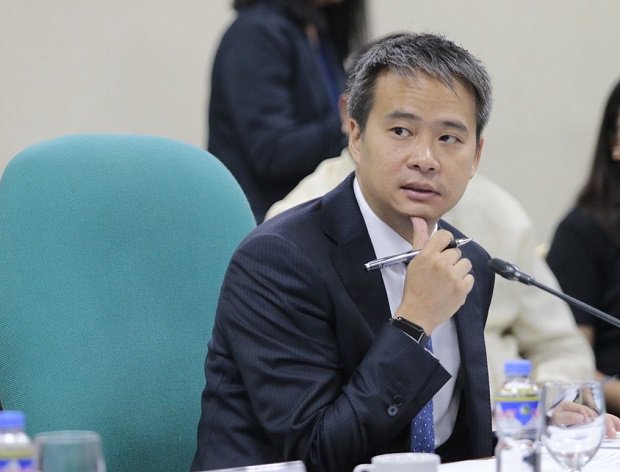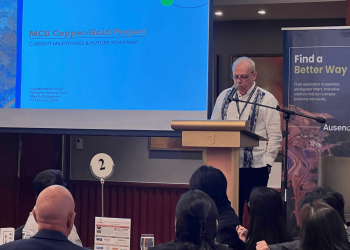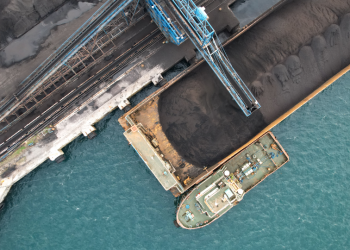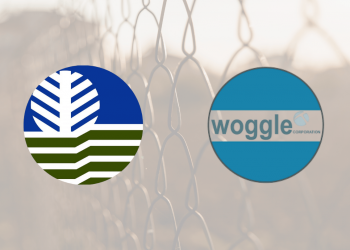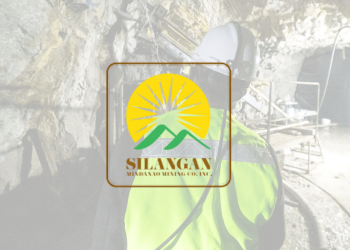A resolution to conduct an inquiry on beneficial owners in the extractives industry (gas, mining, and oil) submitted to the Senate committee on public information and mass media is welcomed by the Chamber of Mines of the Philippines (COMP), the main lobby group of the biggest miners in the country.
“Disclosure of beneficial ownership of extractive companies operating in the country will peel off corporate layers to allow the examination of ownership among firms, understand the influence of companies or individuals, prevent corruption, and eventually create a level playing field among investors in accordance to our laws,” Senator Joel Villanueva, the author of the resolution, said.
The proposed Public Beneficial Ownership Registry will have the government check compliance of the foreign equity restriction to the Philippine Constitution – objectively, the inquiry will closely look into miners and the Filipino public to ensure if they are the ones benefiting from the resources sector.
Not only the new Resolution will reveal beneficiary individuals, it will also disclose their nationalities.
The Philippines is estimated to possess about 21.5 billion metric tons of metal deposits and is deemed as the highest in the Southeast Asia region. Meanwhile, deposits of petroleum are about 8.9 billion barrel of oil equivalent (or 1 million square kilometers).
“We see the objective of the resolution as laudable and we will support it,” Ronald Recidoro, executive director of COMP, told the Manila Bulletin.
In business jargon, a beneficial owner is a legal term used for a person who enjoys the benefits of ownership even though such property is in another name (‘nominee’ or ‘registered owner’).
This is also an advantage for the government to track future tax evaders linked to foreign equity restriction concerns, such as the controversial Rappler case, wherein the Securities and Exchange Commission (SEC) ordered the closure of the online news network for violating Constitutional restrictions in mass media.
On the other hand, governance and fiscal reform coalition Bantay Kita also echoed support to push through with the probe, even labeling it “timely” for ongoing infrastructure programs such as the “Build, Build, Build” agenda.
“The Resolution is timely since the Philippines, as a participating country in the Extractive Industries Transparency Initiative (EITI), is required to establish a Public Beneficial Ownership Registry for extractive entities by 2020,” Bantay Kita Coordinator Tina Pimentel said.
“This can potentially make tax administration easier and raise collection,” she added.
The Philippines joined the EITI in 2012 through Executive Order 79. EITI is a global standard of openness in mining, coal, oil, and gas advocating improved governance in the resources industry will contribute to economic growth and social development in participating countries. This includes disclosing beneficial owners contained in oil, gas, or mining licenses or contracts.
“While there are issues with implementation, we [COMP] see beneficial ownership disclosure as being an integral part of extractive industries transparency,” Recidoro said.
Source: Manila Bulletin
Photo courtesy of Senator Joel Villanueva Facebook Page
www.ginnimedia.com/about-us/what-we-do



